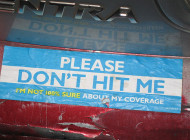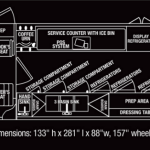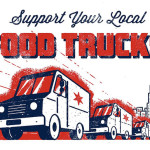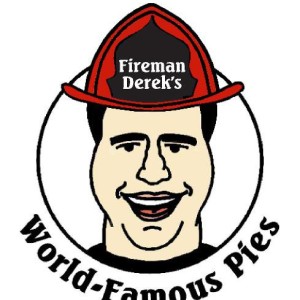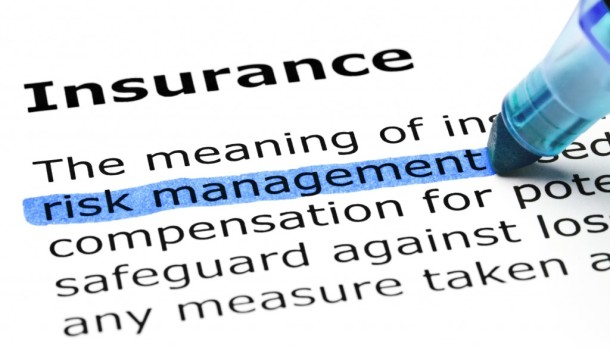
Certain state laws require businesses to be covered by insurance and most festivals, fairs, and events require that concessioners be covered with at least general liability insurance. So what kind of food truck insurance should you get and what do they cover?
General Liability – this covers any bodily injury (slip and fall coverage), and property damage that is not auto related that your mobile food vending business causes to a third party. This is particularly useful if any food related claims arise such as allergies, food poisoning, choking, etc. General Liability also covers personal injury such as causing damage to a person’s reputation through libel or slander. It also covers advertising injury, in case you accidentally use other people’s copyrighted material.
Commercial Auto Insurance – this is another important part of protecting your mobile business and is not covered under general liability. This covers your vehicle for repair and replacement in case of an accident, collision, fire, or vandalism. Medical bills for any bodily injury will also be covered, as well as liability claims if a third-party is involved in the accident. This though does not cover the kitchen equipment you have installed on the truck.
Property Insurance – will cover these equipment you use for the business. Any damage or loss in business income caused by theft, vandalism, natural calamities, or mechanical failure of the equipment can be covered by this policy. Make sure you have Off Premise Insurance, since you are a mobile business.
Worker’s Compensation Insurance – most states require this for all employees and covers the medical bills of any work-related injury. This will also provide you with Employer’s Liability coverage in case you get sued for the injuries obtained by the employee.
Umbrella or Excess Liability Insurance – this is basically used to increase the coverage of your existing policies, since most have a basic coverage of $1 million. Most major metro areas require coverage of more than the basic and this insurance kicks in when the basic policy cannot cover the entire cost of the claim.
You may also want to consider a Business Owner’s Policy that would lower your insurance premiums by bundling some of the above mentioned policies. This could also include a Business Interruption Insurance that would compensate your business for lost income during covered events.
Just make sure that your insurer explains all the fine print to you and that you have all bases covered in order to be prepared if any untowardly event does occur.
Tags: insurance







